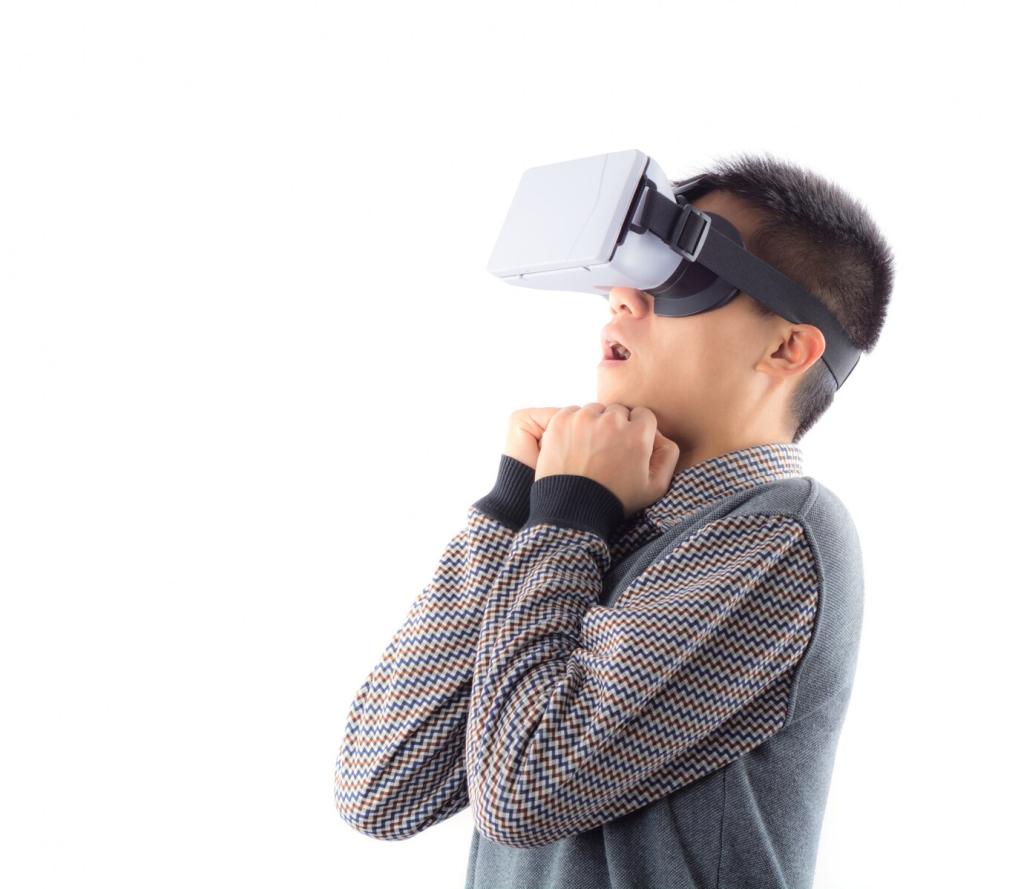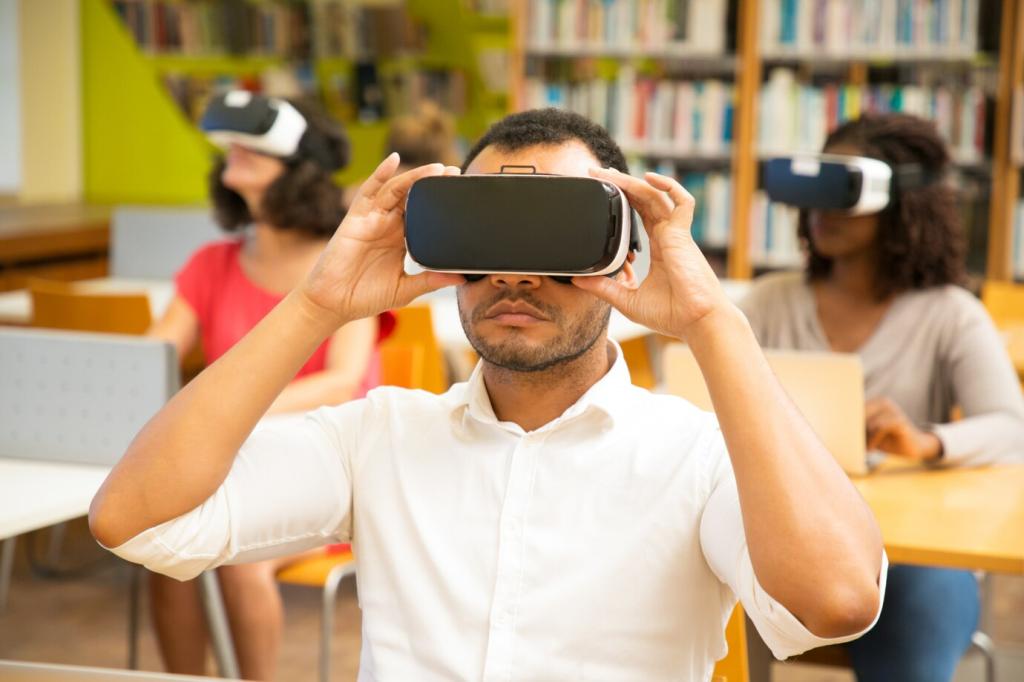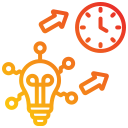The Role of Artificial Intelligence in Future Technologies
Chosen theme: The Role of Artificial Intelligence in Future Technologies. Discover how AI becomes the quiet engine behind breakthroughs in health, sustainability, creativity, and work. Join our curious community, ask questions, and subscribe to follow real stories, practical frameworks, and hopeful blueprints for humane, responsible progress.

Data labeling, feature learning, and feedback loops convert raw signals into timely decisions that matter in the real world. We examine pipelines blending classical statistics with deep learning, plus why humble baseline models often unlock the most reliable, maintainable value before teams chase complex architectures.
AI as the Engine of Tomorrow’s Technologies
On‑device inference reduces latency, protects privacy, and trims bandwidth costs, enabling smart cameras, wearables, and sensors that respond instantly. TinyML compresses models to run on microcontrollers, turning everyday objects into collaborators. The result is robust experiences that work offline, sustain batteries, and scale to millions of endpoints.
AI as the Engine of Tomorrow’s Technologies
Healthcare Transformed by Predictive Intelligence
Early Diagnostics at Scale
Imaging models highlight subtle patterns a tired human eye may miss, flagging risks earlier for second opinions rather than final judgments. Population‑level screening, sepsis alerts, and wearable analytics can surface timely interventions, provided teams track false positives, calibrate thresholds, and always preserve patient consent and dignity.
Augmented Clinicians, Not Replaced
Clinical note summarizers, routing assistants, and drug‑interaction checkers save minutes that become life‑giving attention. A rural nurse told us a simple triage model helped prioritize scarce transport during a storm. When tools stay assistive, clinicians remain decision‑makers and patients feel seen, not processed by machines.
Your Story: How AI Could Ease Care Pathways
Where could AI lighten your healthcare journey—scheduling, medication reminders, or clearer discharge instructions? Share a moment that felt confusing or slow. Subscribe for upcoming patient‑centric design playbooks, and we will invite you to co‑review prototypes that aim to restore time and reduce friction in care.

Sustainable Futures: AI for Climate, Energy, and Cities
Forecasting models align renewable generation with dynamic demand, shifting loads to when sun and wind are abundant. Predictive maintenance flags failing components before outages cascade. Combined with transparent pricing and household insights, cities can cut peak strain, reduce waste, and make clean energy feel practical instead of aspirational.
Sustainable Futures: AI for Climate, Energy, and Cities
Computer vision and mobility data support safer streets, but surveillance creep is a real risk. Equitable datasets, consent frameworks, and community review boards help ensure sensors improve transit and air quality without profiling neighborhoods. Human‑centered governance makes machine recommendations serve people, not the other way around.
Personalized Learning Journeys
Tutors that adapt pacing, examples, and assessments can close confidence gaps without replacing teachers’ wisdom. Learners benefit when tools show reasoning steps, encourage reflection, and track habits over grades. The future classroom blends curiosity with guidance, empowering students to build projects that prove understanding beyond multiple‑choice scores.
Reskilling for AI‑First Workflows
Prompting, data hygiene, and evaluation are becoming essential workplace skills. Teams that pair domain experts with AI operators deliver better results than lone specialists. Start small: define success metrics, run safe pilots, and document lessons learned. Your future job title may not change, but your toolbox absolutely will.
Subscribe for Toolkits and Workshops
We are assembling practical prompts, rubric templates, and onboarding exercises you can adapt to classrooms or teams. Subscribe to receive workshop invites and starter datasets. Comment with a skill you want to learn next, and we will tailor upcoming guides to your goals and constraints.
Creativity, Culture, and the New Human–Machine Studio
Artists use models to sketch variations, explore color palettes, and test narratives before committing to a direction. The best results come when creators treat systems like collaborators, steering with reference boards, constraints, and taste. AI boosts iteration speed; human vision decides what deserves to exist in the world.

Trust, Safety, and Governance for the AI‑Enabled Future
Responsible AI is not a slide deck; it is checklists, reviews, and escalation paths tied to real incentives. Map stakeholders, define unacceptable harms, and budget for audits before scaling. When teams practice restraint—shipping fewer features but with clearer guardrails—users return because they actually feel safer.


Trust, Safety, and Governance for the AI‑Enabled Future
Pre‑deployment tests catch failure modes, but continuous monitoring finds issues the lab missed. Invite diverse red‑teamers, including domain experts and affected communities, to probe edge cases. Log decisions, trace data lineage, and document mitigations so trust is verifiable, not just promised in glossy announcements.
